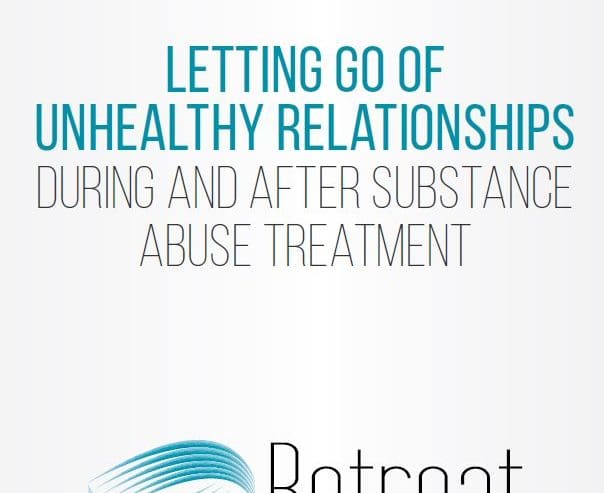Letting Go Of Unhealthy Relationships During and After Substance Abuse Treatment
Healthy relationships are vital to our emotional health and well-being. Conversely, unhealthy or dysfunctional relationships can be detrimental, acting as a destructive force in our lives. Toxic relationships can be particularly troublesome for those who are in or have recently completed substance abuse treatment and who thus may be in a particularly vulnerable state.
Sometimes the signs of an unhealthy relationship are obvious—extreme possessiveness or physical abuse, for example. In other cases the signs are more subtle, such as manipulation or passive-aggressive behavior.
How do you identify unhealthy relationships, and when it is appropriate to cut ties with a friend or romantic partner? What if the dysfunctional relationship is with a close family member? This eBook explores these and other questions and examines how and why we relate to others the way we do. Readers will learn about:
- What constitutes healthy and unhealthy relationships with romantic partners, family members, and friends
- How unhealthy relationships can be detrimental for those in addiction recovery
- Adult attachment theory, and different attachment styles
- Common roles people assume in dysfunctional families
- Why people stay in unhealthy relationships
- How support groups can help provide the motivation to move on from unhealthy relationships




